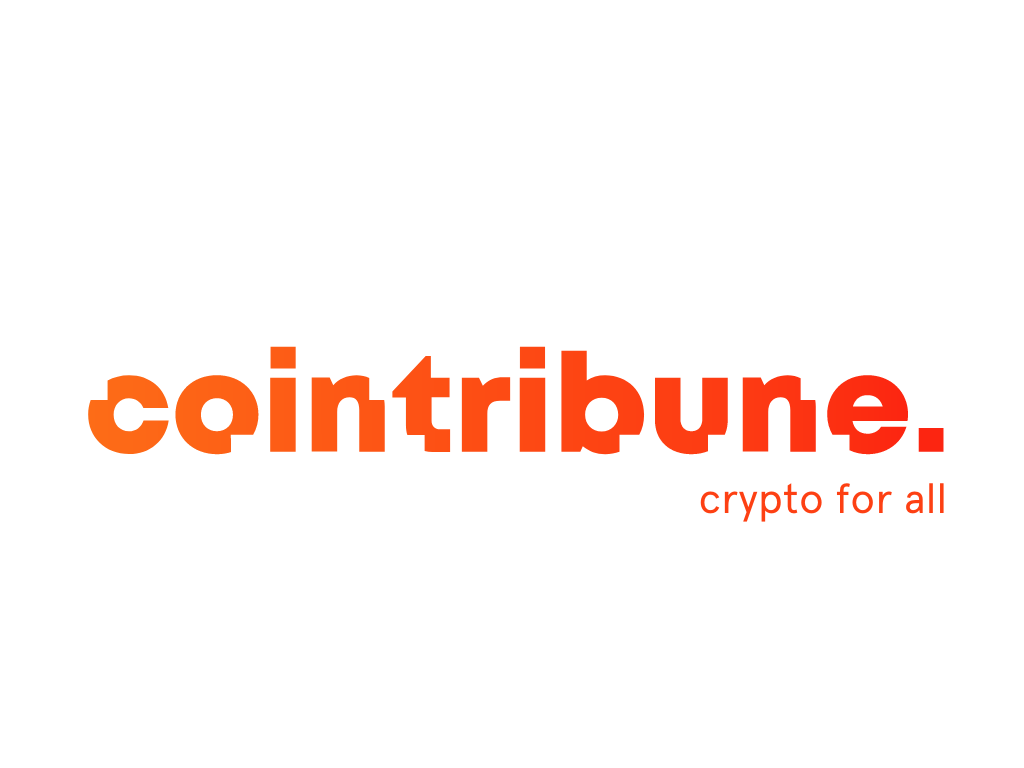Crypto: An expert demolishes Cardano for its centralization
1
2
Crypto is a field where each day brings its share of debates and controversies. Recently, a prominent figure in the crypto universe, Justin Bons, stirred the pot by claiming that Cardano (ADA), often praised for its decentralization, is actually extremely centralized. This accusation sparked a strong reaction from the Cardano community, fueling an intense debate on the true nature of this blockchain.

Justin Bons’ Harsh Criticism
Justin Bons, known for his sharp analyses in the crypto universe, did not mince words in criticizing Cardano.
According to him, the control mechanisms within the Cardano protocol grant disproportionate power to Input Output Global (IOG).
Bons points out that Cardano’s “genesis keys,” mostly held by IOG, allow this entity to unilaterally alter the protocol’s rules. Such a concentration of power, Bons argues, is contrary to the decentralization principles advocated by the crypto community.
He goes further by explaining that these keys allow IOG to halt the chain or alter crucial parameters without needing a hard fork, a process usually necessary for such modifications.
By controlling five of the seven genesis keys, IOG would thus have the ability to make critical decisions without general consensus, a situation that, according to Bons, severely undermines the decentralization of this crypto.
The Cardano Community’s Response
In response to these accusations, the Cardano community did not remain silent. The Chief Technology Officer of Sundae Labs, a decentralized exchange based on Cardano, vigorously refuted Bons’ claims.
According to him, the genesis keys cannot arbitrarily modify the protocol’s rules; they merely signal to node operators that they must adopt new rules. Thus, any significant modification still requires the participation and agreement of the stake pool operators, which are independent entities managing Cardano nodes.
Charles Hoskinson, the founder of Cardano, also spoke up to defend his project. Reposting Sundae Labs CTO’s detailed analysis, Hoskinson emphasizes that the genesis keys facilitate smooth upgrades. They cannot censor transactions or divert funds.
He reminds that these keys should give way to a more decentralized governance model. This update, called Voltaire, will further strengthen Cardano’s decentralization.
The Implications for the Future of This Crypto
Although Bons acknowledges the community’s efforts to improve decentralization, he maintains that the current mechanism remains too centralized and urgently needs reform.
This criticism raises important questions about the balance between technological innovation and decentralized governance in the crypto universe.
For Cardano, it’s not only about responding to criticisms but also demonstrating through concrete actions their commitment to decentralization.
The Voltaire update, supposed to introduce a more decentralized governance model, is therefore eagerly awaited. This transition could transform the perception of this crypto and strengthen its users’ trust. However, the outcome of this controversy will depend on Cardano’s ability to implement significant changes and prove that its control mechanisms can truly be democratic.
1
2







